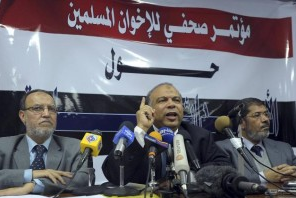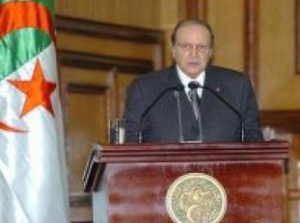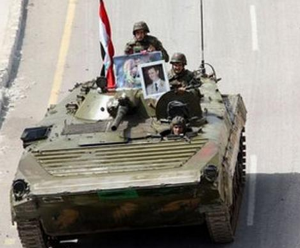By Max Security’s Intelligence Department
The feelings of hope and opportunity initially evoked by the Arab Spring have evolved into fear that the region may be sliding into a new status quo of instability. We sweep the region from Morocco to Iran to determine that 2012 will be one of the most crucial years in the modern history of the Middle East.
The Maghreb

While North Africa by and large experienced the most significant change from the Arab Spring uprisings, it would be a grave mistake to place the fate of these politically diverse set of nations into one. In Morocco, the people still have great respect for the region’s oldest monarchy, sentiment which prevented widespread unrest from engulfing the nation this past year. The recent victory of moderate Islamist factions in parliament forces the monarchy to balance between their wishes, while keeping Morocco an attractive address for foreign investment to keep the economy on its feet. While Morocco can be expected to remain relatively stable, a widening gap between rich and poor and growing unemployment only works to the favor of the liberal February 20 reformers and the outlawed Islamist Justice and Spirituality movement, which currently remain marginalized.
In Algeria, the situation is quite different. The country emerged unscathed from the Arab Spring, not out of any sort of respect for the military-backed government, but rather out of fears for a repeat of the country’s bloody civil war which is still fresh in the minds of most of the population. While stability prevailed in 2011, tensions are brewing beneath the surface as Algerians come to realize that they are indeed the last nation to tolerate a corrupt military dictatorship which has failed to provide both physical and economic security. The success of Islamist parties to the East and West has emboldened Algeria’s own conservative opposition to demand reforms ahead of the upcoming elections-slated for the Spring of 2012. Moreover Bouteflika’s ailing health places the military and its allies in a considerable predicament, as replacing Bouteflika without elections will only provide fuel to an increasingly disillusioned population. The loss of the Bouteflika regime would spell a considerable setback in North Africa’s war against Al Qaeda, which despite recent losses- still has its sights set on fomenting instability in Algeria.
Continue reading The Middle East and North Africa In 2012: What Lies Ahead?

